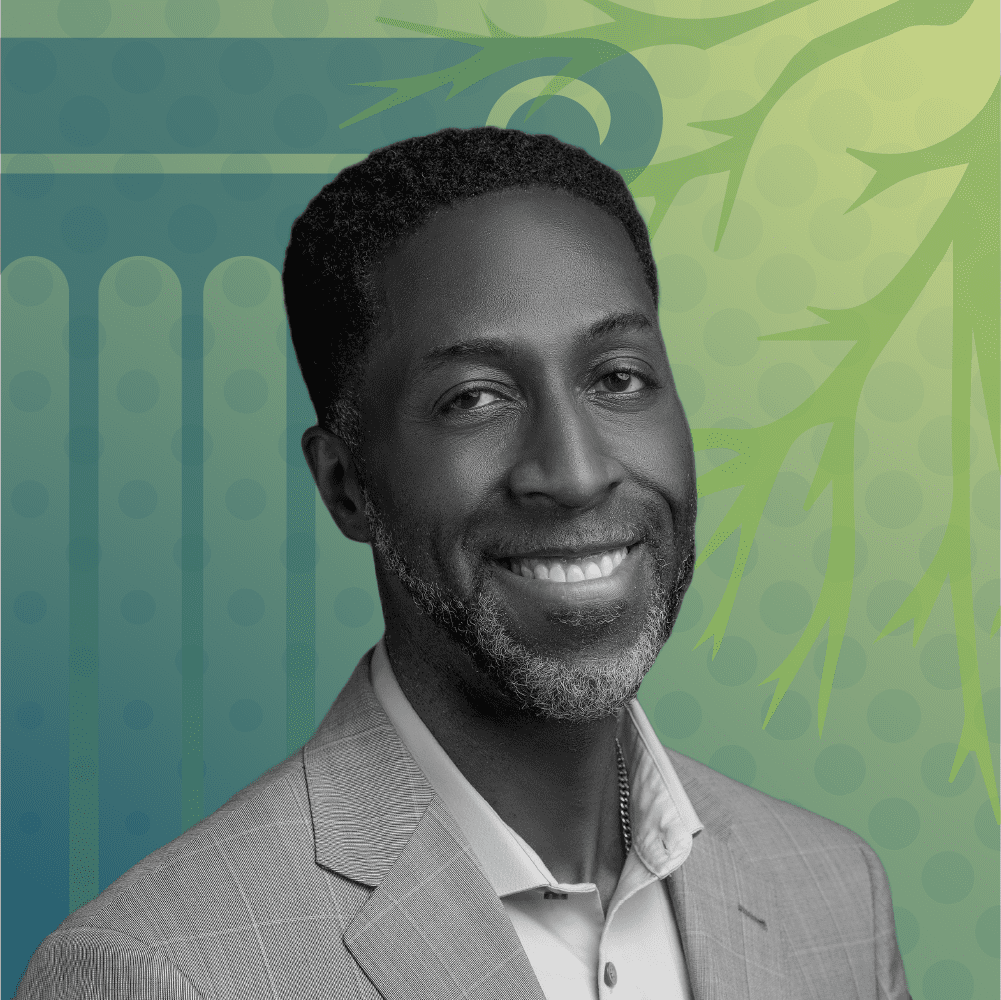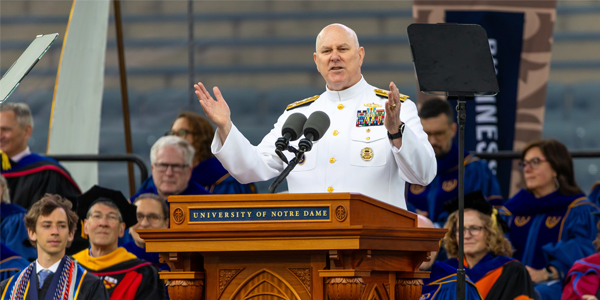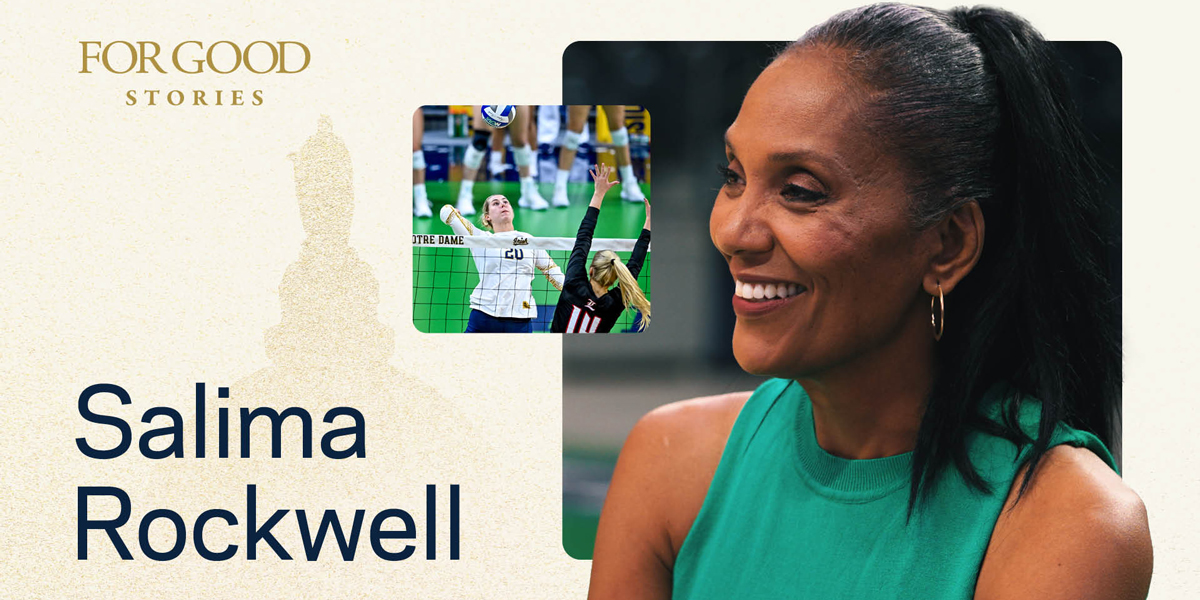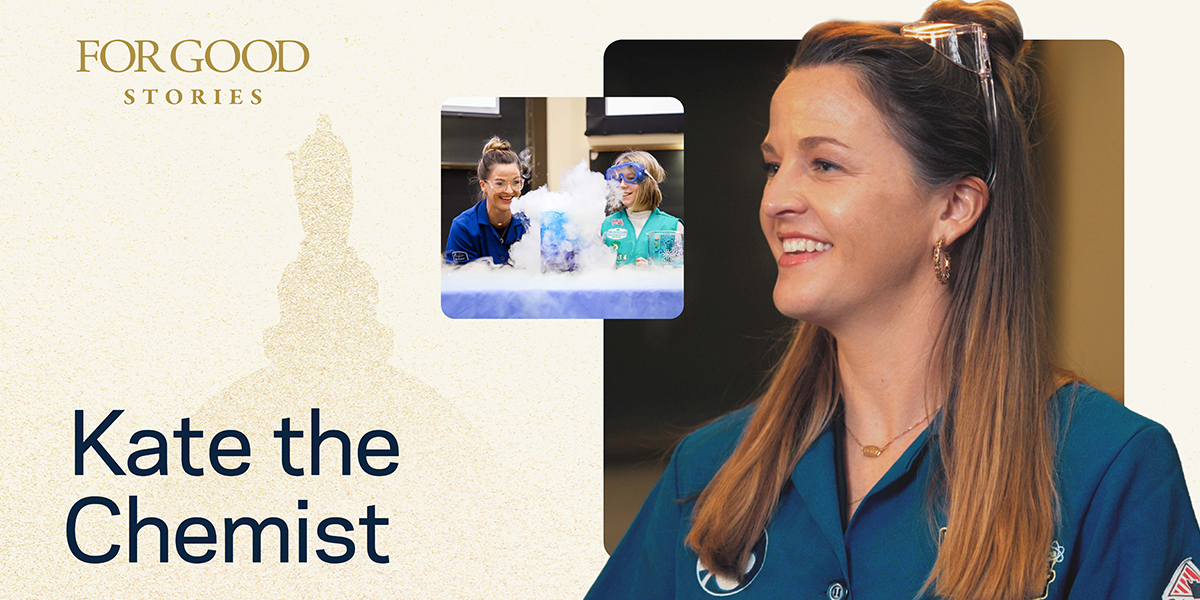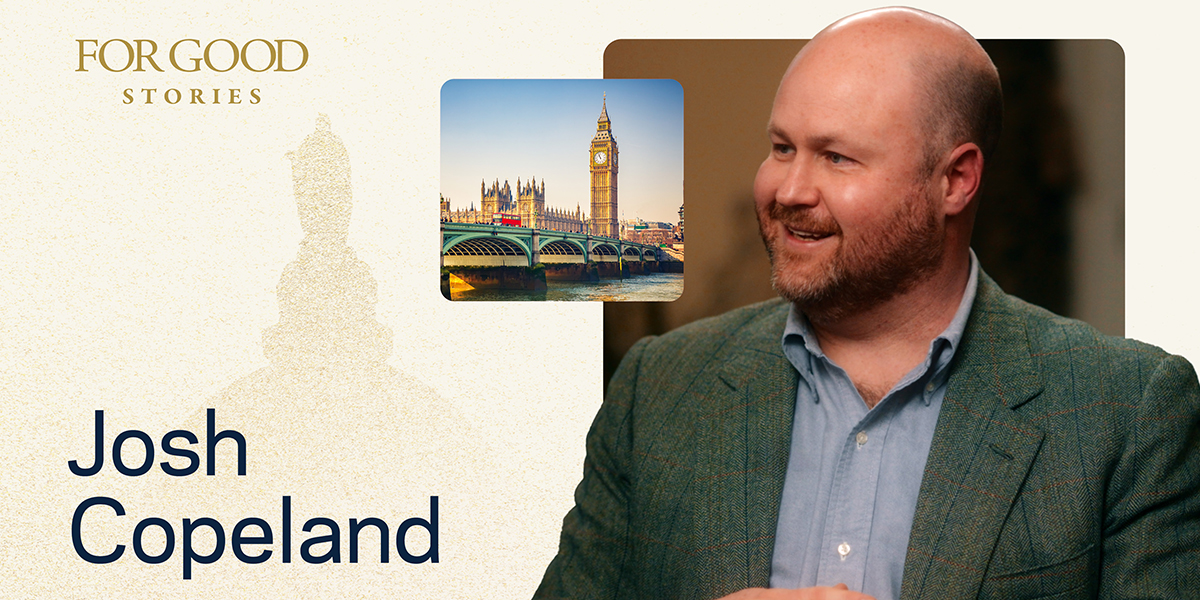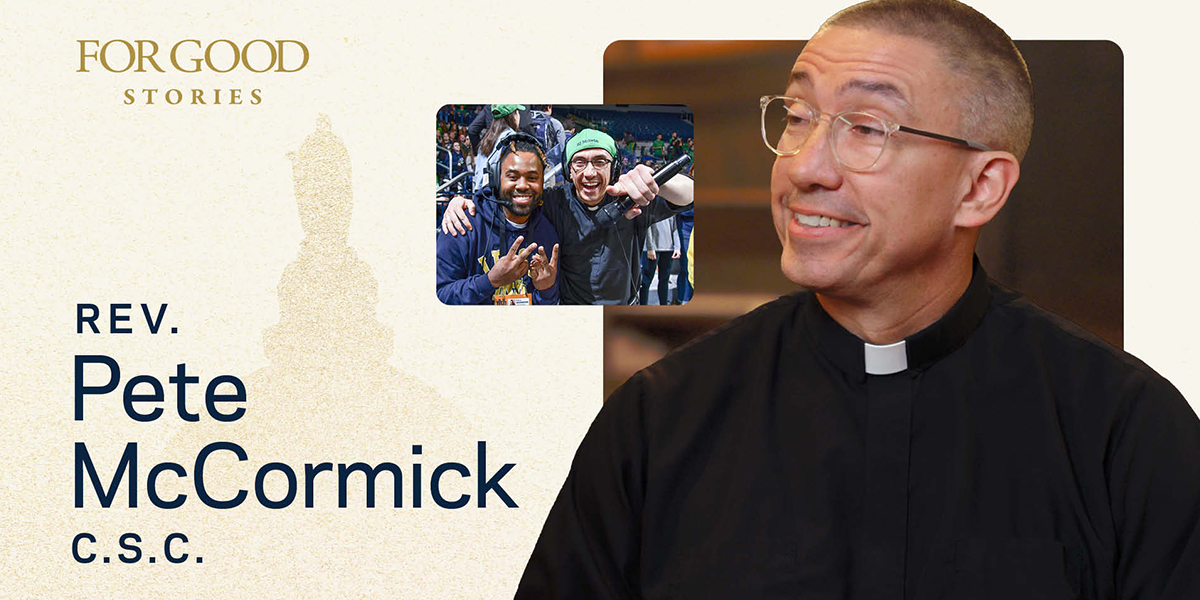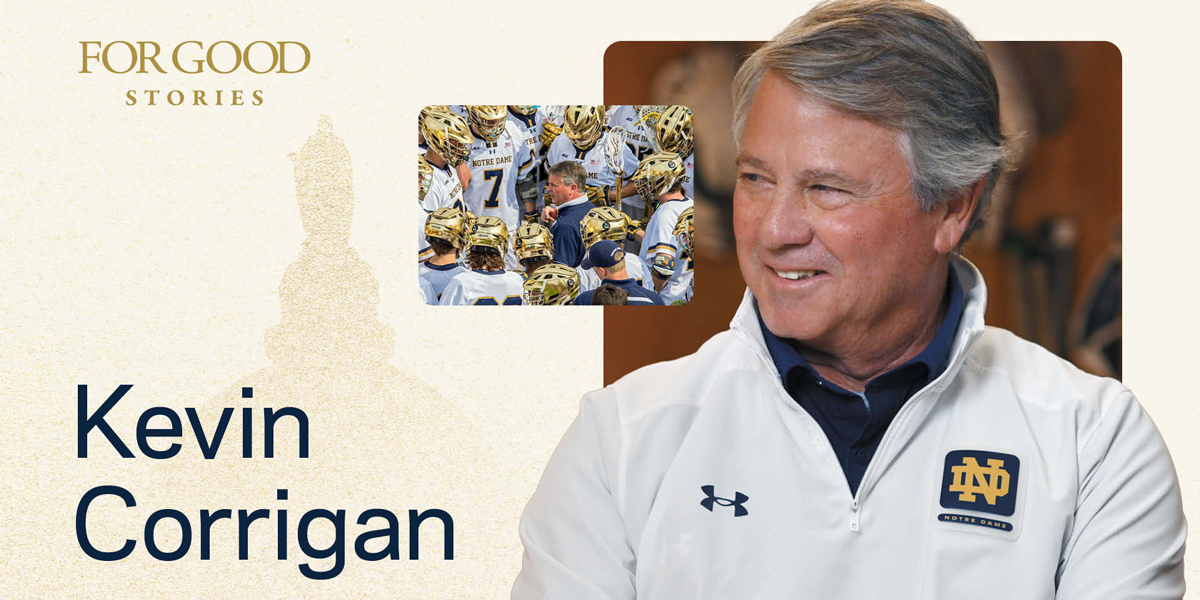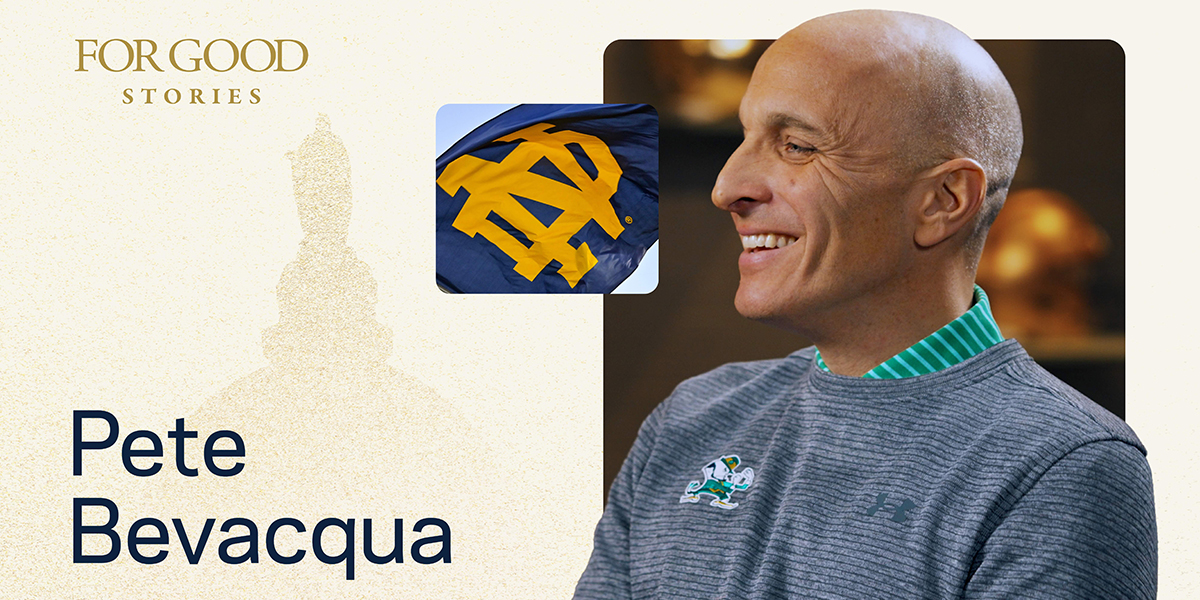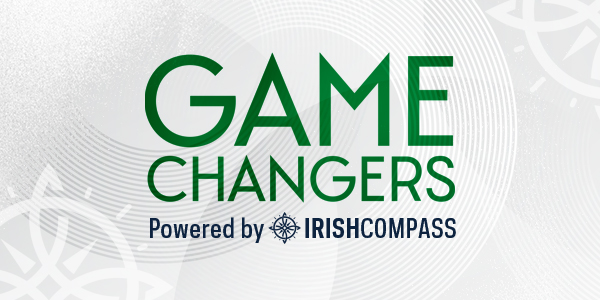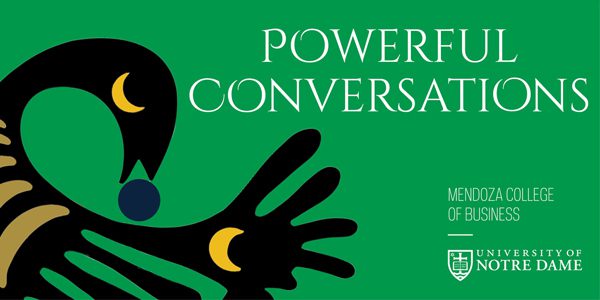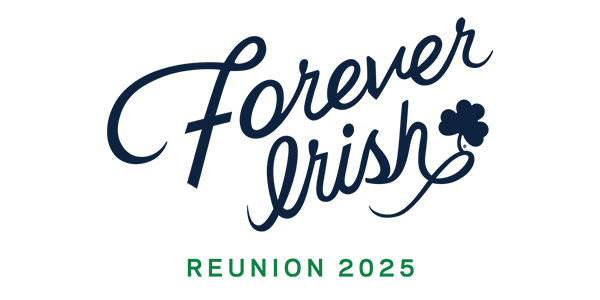Growing up, Nii Addy’s father was a psychiatrist, so Nii got to see the inner workings of a lab – the electrodes for the EEGs and the brain waves on the monitor screens – exposing him to psychological research at an early age. Nevertheless, Nii informed his dad that he didn’t want anything to do with his profession, preferring to explore his own interests. Needless to say, his parents were very amused when he came full circle and became a professor of neuroscience at Yale.
Dr. Addy’s current research looks at the brain chemistry associated with depression, anxiety, and addiction, trying to understand the precursors that lead to these conditions. As Dr. Addy said, “you might think of craving and relapse when it comes to addiction, or people who might have a lack of motivation or an anxious response in certain situations, and we’re trying to understand what’s happening in the brain that allows those things to emerge, and then also seeing if we can actually get a better understanding of what may be causing the illnesses.” A deeper understanding of these conditions and their causes may then make it possible to discover novel solutions and remedies.
Along with his academic work, Dr. Addy also wears a number of different hats as the Director of the Faculty Mentoring Program for Minority Organization for Recruitment and Expansion (MORE) and the Director of Scientist Diversity and Inclusion at the Yale School of Medicine. These two projects have important interconnections. “We know that mentoring experiences are important in terms of making sure that it’s a place that’s inclusive to people from all various backgrounds,” Addy said. But even though mentoring is important, it is also crucial to make sure that mentors receive strong support and training as well. As Addy shared, “People often have the expectation that they’re either good mentors or they’re not good mentors, and don’t necessarily have that growth mindset about learning how to be a good mentor.”
Addy views both his mentoring work and neuroscience research through the lens of Christianity, as many of his own mentors and role models were people of faith. As a mentor, he hopes that he can inspire his mentees to lead lives of service to others. Using his knowledge of the brain, he desires to support work on mental health within the church. “In the faith community, I can help educate and bring about understanding about what I’ve learned within neuroscience and why that’s important to incorporate,” Addy said. “There are still too many instances where I hear people saying that they’ve been told they aren’t getting better in terms of their mental illness because they are not praying hard enough.”
